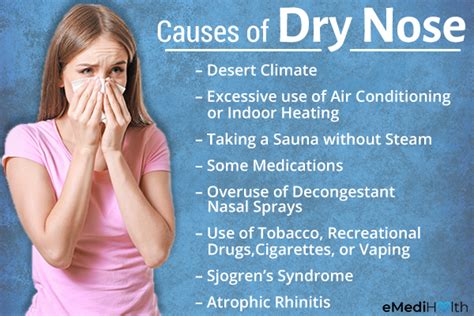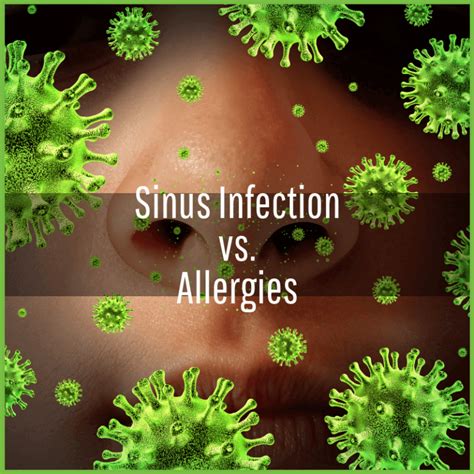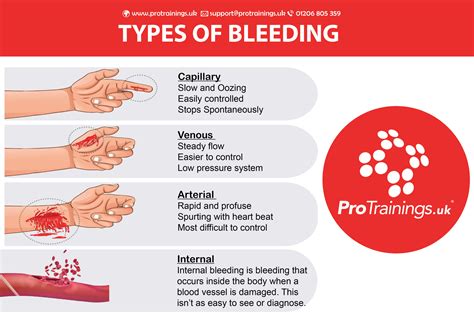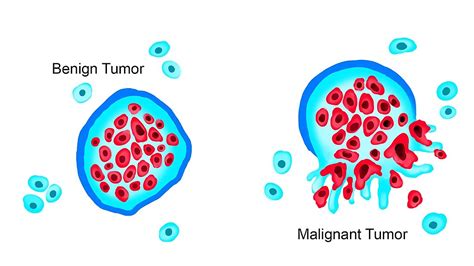Intro
Discover the 5 common causes of nose bleeding, including dry air, allergies, and trauma, and learn how to prevent and treat nasal bleeding with effective remedies and self-care tips.
Nose bleeding, also known as epistaxis, is a common condition that affects people of all ages. It can be caused by a variety of factors, ranging from minor irritations to more serious health issues. Understanding the causes of nose bleeding is essential to prevent and manage the condition effectively. In this article, we will explore the 5 causes of nose bleeding, their symptoms, and treatment options.
The importance of addressing nose bleeding lies in its potential to be a symptom of an underlying health issue. In some cases, nose bleeding can be a sign of a more serious condition, such as high blood pressure, a bleeding disorder, or a tumor. Therefore, it is crucial to identify the underlying cause of nose bleeding to receive proper treatment and prevent complications. Moreover, knowing the causes of nose bleeding can help individuals take preventive measures to reduce the risk of recurrence.
Nose bleeding can be a distressing experience, especially when it occurs unexpectedly. The sudden onset of bleeding can be alarming, and the uncertainty of what is causing it can be unsettling. However, by understanding the common causes of nose bleeding, individuals can better manage the condition and seek medical attention if necessary. In the following sections, we will delve into the 5 causes of nose bleeding, discussing their symptoms, treatment options, and preventive measures.
1. Dry Air and Nose Irritation

Symptoms and Treatment
The symptoms of nose bleeding caused by dry air and nose irritation may include bleeding from one or both nostrils, nasal congestion, and discomfort. Treatment options may include applying pressure to the nose, using a cold compress, and taking over-the-counter pain relievers to reduce discomfort. In severe cases, a healthcare professional may prescribe a nasal decongestant or antibiotic ointment to promote healing.2. Allergies and Sinus Infections

Symptoms and Treatment
The symptoms of nose bleeding caused by allergies and sinus infections may include bleeding from one or both nostrils, nasal congestion, facial pain, and discharge. Treatment options may include taking over-the-counter allergy medications, using a neti pot to rinse the nasal passages, and applying a warm compress to the face to reduce pain and pressure. In severe cases, a healthcare professional may prescribe antibiotics or antihistamines to treat the underlying infection or allergy.3. High Blood Pressure and Bleeding Disorders

Symptoms and Treatment
The symptoms of nose bleeding caused by high blood pressure and bleeding disorders may include bleeding from one or both nostrils, dizziness, and shortness of breath. Treatment options may include taking medication to lower blood pressure, applying pressure to the nose, and using a cold compress to reduce bleeding. In severe cases, a healthcare professional may prescribe medication to promote blood clotting or refer the individual to a specialist for further treatment.4. Trauma and Injury

Symptoms and Treatment
The symptoms of nose bleeding caused by trauma and injury may include bleeding from one or both nostrils, pain, and swelling. Treatment options may include applying pressure to the nose, using a cold compress to reduce bleeding, and taking over-the-counter pain relievers to reduce discomfort. In severe cases, a healthcare professional may prescribe antibiotics to prevent infection or refer the individual to a specialist for further treatment.5. Tumors and Cancer

Symptoms and Treatment
The symptoms of nose bleeding caused by tumors and cancer may include bleeding from one or both nostrils, pain, and discharge. Treatment options may include surgery to remove the tumor or cancer, radiation therapy to shrink the tumor, and chemotherapy to kill cancer cells. In severe cases, a healthcare professional may refer the individual to a specialist, such as an oncologist or an ear, nose, and throat (ENT) specialist, for further treatment.In conclusion, nose bleeding can be caused by a variety of factors, ranging from minor irritations to more serious health issues. By understanding the 5 causes of nose bleeding, individuals can better manage the condition and seek medical attention if necessary. It is essential to identify the underlying cause of nose bleeding to receive proper treatment and prevent complications. We encourage readers to share their experiences with nose bleeding, ask questions, and seek medical attention if they are concerned about their symptoms.
What are the common causes of nose bleeding?
+Nose bleeding can be caused by dry air and nose irritation, allergies and sinus infections, high blood pressure and bleeding disorders, trauma and injury, and tumors and cancer.
How can I prevent nose bleeding?
+To prevent nose bleeding, individuals can use a humidifier to add moisture to the air, avoid exposure to irritants, apply a saline nasal spray to keep the nasal passages moist, and take over-the-counter medications to manage allergies and sinus infections.
When should I seek medical attention for nose bleeding?
+Individuals should seek medical attention for nose bleeding if the bleeding is heavy or persistent, if they experience dizziness or shortness of breath, or if they have a history of bleeding disorders or high blood pressure.
